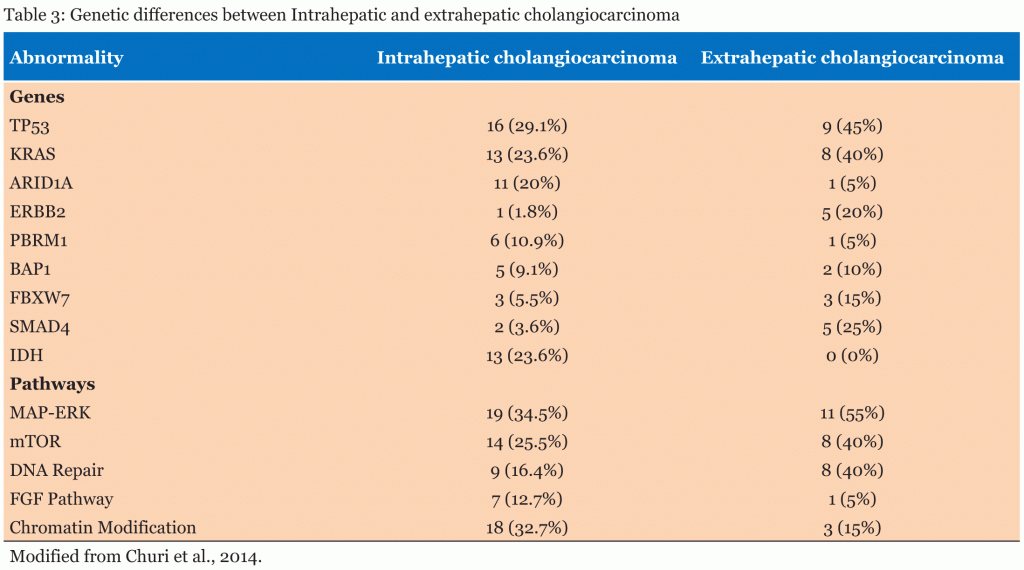A new study by American Thoracic Society has found that women who are unable to quit smoking during their pregnancy may reduce harm inflicted to the unborn baby’s lungs by taking vitamin C supplements.

The scientists conducted their study on 252 pregnant smokers and their babies (after birth). The pregnant mothers were randomized to two groups. The participants of one of those groups received 500 mg of vitamin C supplements every day, while those in the other group received a placebo along with the prenatal vitamins, which the other group also received.
Throughout the pregnancy, both the groups were encouraged to quit smoking. The mothers who could not quit smoking in both the study groups, averagely smoked seven cigarettes a day.
After the babies were born, their force expiratory flows (FEFs) were measured by the researchers at 3 and 12 months of age. FEF is the measure of the speed at which air is expelled out of the lung. This, therefore, provides a direct measure of the actual air way function, and is indicative of future illnesses.
The researchers measured FEFs at 3 intervals viz., FEF75, FEF25-75 and FEF50. These are defined by the percentage of remnant air in the lung during forced exhalation. At their 3 months of age, babies from the two groups showed significant difference in lung function at the FEF50 and FEF25-75 intervals. At 12 months, they showed a statistically significant difference in lung function at all the three intervals.
The researchers were uncertain about the reason behind this protective effect of vitamin C on the babies’ lungs. So, they are focusing on continuing research in this regard. They will also follow up the children until their 6 years of age to know if the effect of vitamin C on their respiratory health is long-term.




















